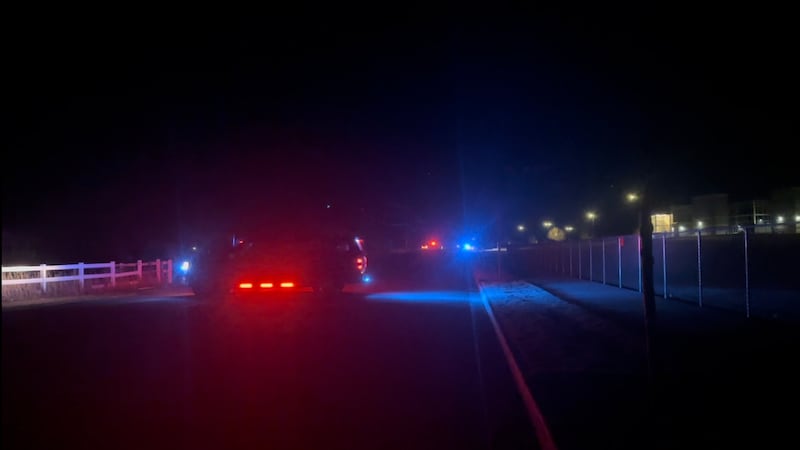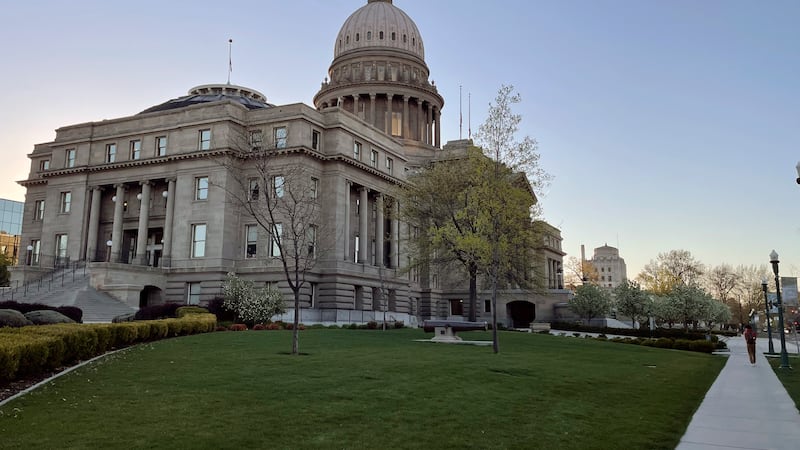State lawmakers debating school choice tax credit
BOISE, Idaho (KMVT/KSVT) — Idaho lawmakers are focused on school choice this legislative session.
Gov. Brad Little included this topic in his State of the State Address, and multiple bills have already been filed.
But what does school choice mean for Idaho, and is there a consensus on how to implement it?
Idaho already has open enrollment, which allows students to attend any public school in the state if there is room. One of the bills lawmakers propose with school choice would allow families to receive a tax credit, which could go to education expenses like private schools.
“I want to have a better education, a better experience for kids, and school choice will provide that,” House Majority Leader Jason Monks said.
Monks is one of the Republican state representatives who helped introduce House Bill 93, or the “Idaho Parental Choice Tax Credit.”
The bill would provide an annual, refundable tax credit of up to $5,000 for “qualified expenses” for grade school children and $7,500 for students with disabilities.
Those expenses include nonpublic school tuition, tutoring, textbooks and other costs.
“There’s a lot of ideas out there on how school choice could work,” Monks said. “I think one of the ideas that I like best is something done through a tax credit. It would only pay for verifiable expenses; it’s not just a grant or a voucher given to parents to do whatever they want with. It’s actually on approved expenses.”
Democratic Minority Leader Ilana Rubel argues that Republicans' proposal is less about choice and would funnel taxpayer money away from public schools.
“We already offer so many forms of school choice in Idaho,” Rubel said. “What I am opposed to is taking public funds, public taxpayer money and giving it to private schools that are not accountable to the same standards that public schools are.”
Rubel said that public schools must have certified teachers, specific curriculum requirements and accommodations for students with disabilities. However, private schools do not have those same accountability metrics.
“They have a very vague, you know, ‘Try to include something about math and English in there, doesn’t need to nearly be as thorough as the public schools,’” Rubel said.
In his State of the State Address, Gov. Little said he would only consider a school choice proposal that meets the same standards as public schools.
“Any school of choice measure must be done the Idaho way,” Gov. Little said. “That means that it is fair, responsible, transparent and accountable. It must prioritize the families that need it most and not take away funds from public schools.”
Another concern is how much this could cost taxpayers.
House Bill 93 states it would have a maximum fiscal impact of $50 million. Still, Rubel points to another state that passed school choice.
“Let’s look at Arizona’s voucher system,” Rubel said. “It was initially promised that it would cost $60 million a year, it is now costing $825 million a year.”
According to Rubel, this caused Arizona to take funds from infrastructure projects like roads, bridges and public schools.
Monks said that would not be the case with his proposed bill.
“The bill that we’re proposing has a cap, and so there’s a maximum amount of money that would be spent on this particular program, which is $50 million, which is a small fraction of the percent we pay currently in the public school,” Monks said. “So, if that program were to grow, it would have to come back to the legislature and the legislator would have to pass another bill.”
Lawmakers are still in the early stages, with multiple bills filed regarding school choice, which likely means a long road ahead.
“We have 105 legislators here; we never agree on the same path,” Monks said. “I think the tax credit is the best path forward as opposed to some kind of grant or voucher maybe that will run into problems, but that doesn’t mean there aren’t other ideas out there.”
Our series on school choice continues on Monday. KMVT will speak with local school leaders to get their take on the issue and its potential impacts on districts in our area.
Copyright 2025 KMVT. All rights reserved.















